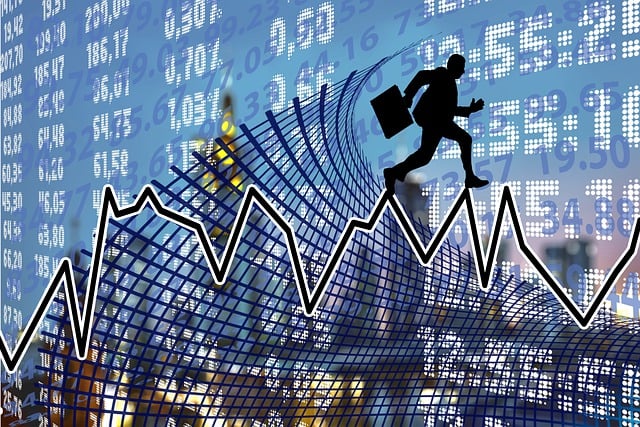Artificial intelligence (AI) is fundamentally reshaping the global economy today. From businesses to governments, organizations are integrating this technology to boost efficiency and performance. Let’s explore how AI is redefining economic models worldwide.
Significant Productivity Gains
AI automates many repetitive tasks. In factories, smart robots accelerate production while reducing costs. In the service sector, chatbots and virtual assistants handle customer requests 24/7. The result: companies become faster, more responsive, and more profitable.
New Jobs and Emerging Skills
Contrary to some fears, AI does not only eliminate jobs—it also creates new opportunities. Careers in data analysis, cybersecurity, and programming are rapidly expanding. Workers, however, must adapt and acquire digital skills to remain competitive in the job market.
A Driver of Global Growth
Countries investing heavily in AI, such as the United States and China, are strengthening their economic positions. AI improves logistics, healthcare, agriculture, and even public services. It also enables better resource management and reduces economic losses.
Ethical and Social Challenges
This technological revolution raises important questions. How can personal data be protected? How can we prevent inequalities between AI-rich countries and others? Governments need clear regulations to ensure the responsible use of artificial intelligence.
Towards a Smarter Economy
AI is no longer just an innovation—it is becoming a pillar of the global economy. When used responsibly, it can improve lives, stimulate growth, and create a fairer future. Achieving this requires inclusive policies and strong international cooperation.
AI is profoundly transforming the global economy. It is changing how we produce, consume, and work. The challenge now is to harness it as a tool for human progress rather than a source of imbalance.
